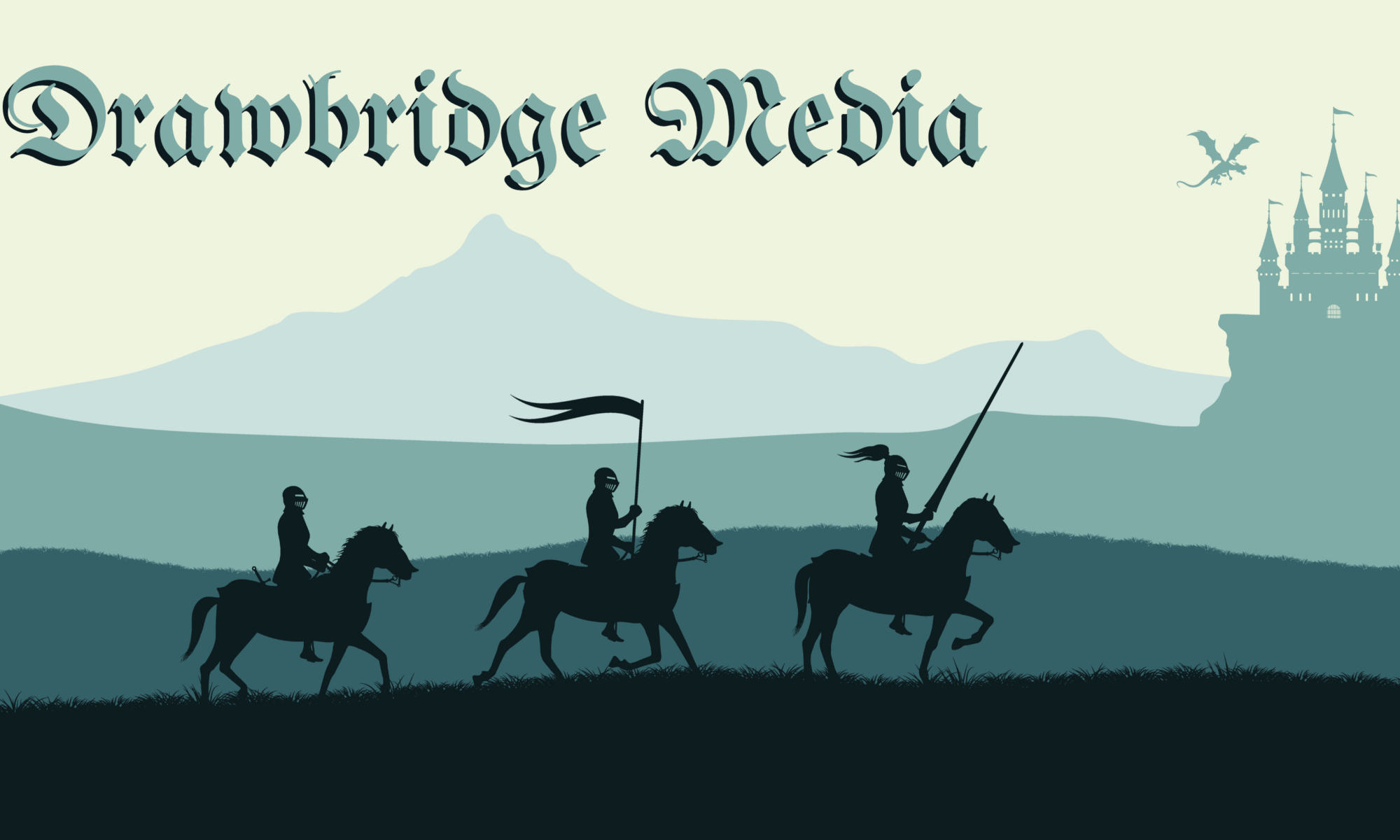Why Does Harry ALWAYS Win the House Cup?
Welcome to The Podcast That Must Not Be Named’s Quibbler! The Quibbler focuses on topics discussed in the most recent episode of the show, which this week was 4-12 – Three Shall Enter – One Shall Win.
Early in this episode, Melissa and Luke discussed the House Cup at Hogwarts and how absolutely insane it is that Gryffindor even has a winning streak. Like Melissa said: if Harry wasn’t doing dangerous things and being awarded a ton of points from Dumbledore, would they even have a streak to protect?
Short answer: NO. Because all Harry does is lose points until the end of the year when he gains them all back and then some. If he didn’t save the world conveniently in May every year, Gryffindor would not have a winning streak and Slytherin would have kept winning like they were before he showed up.
*Minor spoilers for books 4-7 ahead, if you care about the House Cup tournament*
What I really want to talk about today is this: why is it important that Harry and his House win this tournament? It features prominently in book one – Harry and company think Slytherin has won (because, um, it did), until Dumbledore surprises everyone by awarding last minute points. Gryffindor wins, Harry, Ron, Hermione, and Neville are rewarded for their bravery, friendship, and intelligence, and Slytherin is sad.
In books two and three, Gryffindor also wins. In year two, Quidditch was cancelled, so that didn’t factor into the House Cup tournament, but in year three, the Gryffindor Quidditch win helped secure the House Cup. The defeat of the Basilisk in year two earned Harry and Ron four hundred points, so again, just two people saving the school apparently gave their House the advantage.
But after year three, the House Cup tournament is barely mentioned again. We can assume that it was cancelled in years four and six because of certain events, and most likely, Gryffindor didn’t win it year five because of a certain authority figure. Who knows what happened in year seven (we sure don’t, and let me explain why it doesn’t matter).
Gryffindor tasted sweet, sweet victory when the kids were 11, 12, and 13 during the books that are inarguably the most written for children. Harry and friends save the school or win the sports and thus they win the House Cup and are happy!
Things aren’t quite as simple as they grow up. Year four begins a significant turn in not just Harry’s life, but also J.K. Rowling’s writing of the series. Chapter one is the first time we have information from a narrator other than Harry. We don’t even reach Hogwarts until page 170 (US Paperback)! And of course, the book will take us on a darker and riskier journey than ever before.
Maybe the House Cup actually represents a time in Harry’s life when his dangerous actions had simple and positive consequences: save the school, win the House Cup.
Now that Harry’s actions will affect the entire wizarding world, his choices can’t have simple and positive consequences. Rowling is weaving a new and exciting narrative, and the House Cup tournament is just one more representation of how our characters (and our author) have grown up.
Until next time, stay imaginary.


